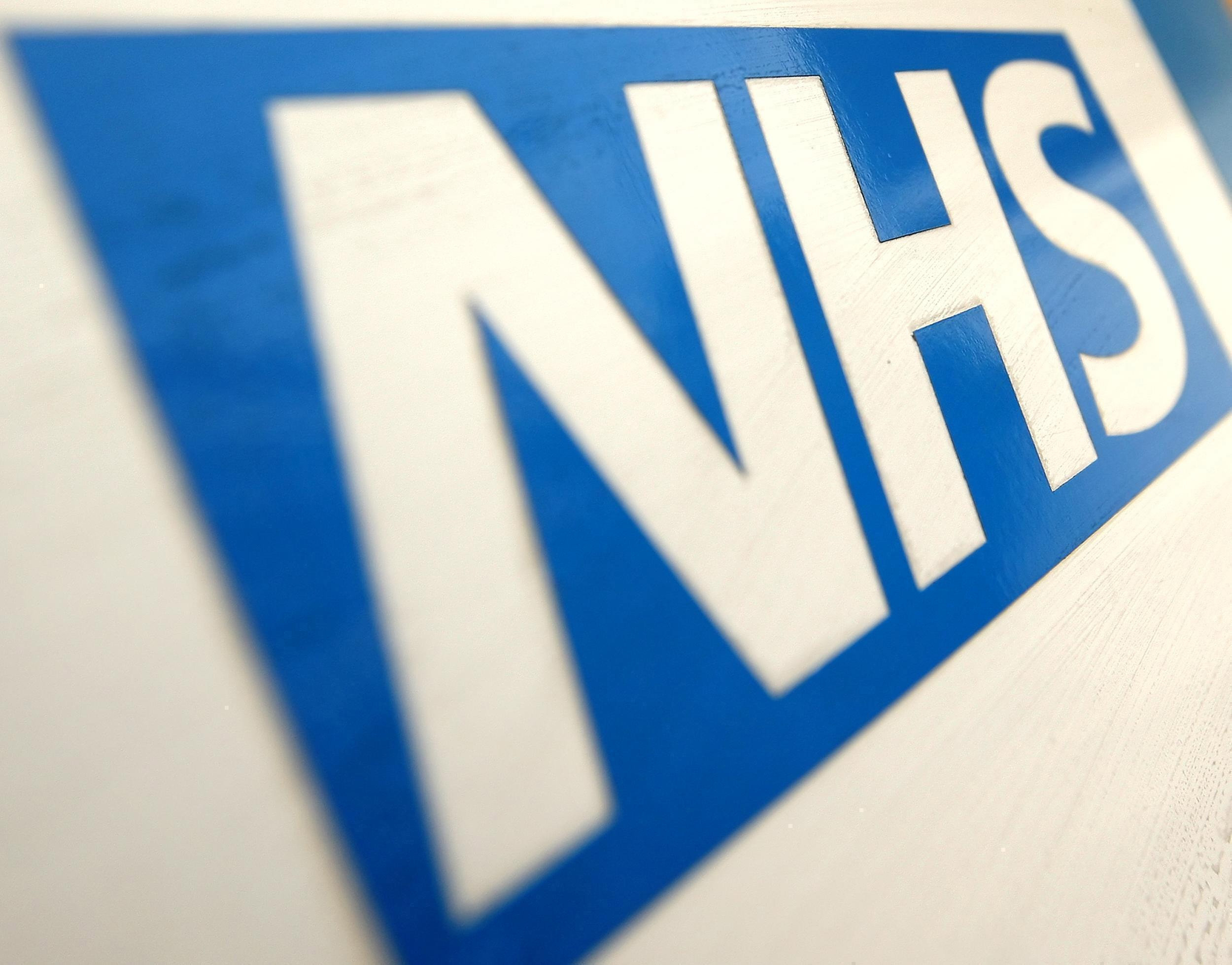
“Bed-blocking” due to a lack of social care will have cost the NHS a “staggering” £587 million between the last general election and the forthcoming poll, a charity has calculated.
Lack of social care will have led to 2.5 million lost bed days in the NHS over the 917 days between the elections, according to Age UK.
The charity calculated that 2,750 people on average were kept in hospital after they were well enough to be discharged each day between the last general election on June 8 2017 and the forthcoming vote on December 12.
One of the main reasons for unnecessary delays in being discharged is that it can be unsafe for older people to leave hospital without care and support in place to help them manage.
It means they frequently occupy beds they have no clinical need for while waiting for care to be arranged.
The cost is equivalent to £640,000 every day, or £27,000 every hour, Age UK said.
Languishing in hospital beds can also be damaging to older people’s well-being, leading to muscle wastage and a loss of confidence – which can both affect their independence.
Age UK is calling on the next Government to make overhauling social care its “top domestic policy priority”.
Caroline Abrahams, charity director of Age UK, said: “It is appalling that 2.5 million bed days will have been lost to the NHS between the last election and this one, simply because there is not nearly enough social care available to allow older people to be safely discharged.
“The waste of money this represents is staggering, coming in at more than half a billion pounds, but the human cost is arguably even greater, with many older people finding this means their recovery and rehabilitation is seriously delayed or, in the worst cases, put out of reach altogether.
“We are all paying the price for the inability of our politicians to fix social care, whether you are waiting endlessly for a much-needed knee operation or facing hours of delay in A&E following an accident at home.
“When hospitals get jammed up because they can’t discharge older people, the effects feed right the way through and mean there are no beds for new patients who need them.”
One person affected is 98-year-old Mo, who has been in hospital for five months after suffering a stroke.
Age UK said he has been told he is ready to be discharged but he cannot leave because his social services team have not been able to put a care package in place.
Mo, who lives alone and has no family to look after him, is concerned he will be left in hospital over Christmas.
The charity used data on delayed transfers of care because of social care reasons held by NHS England up to September 2019.
It estimated the number of delayed days for the remaining months by using the previous year’s data.
To calculate the cost to the NHS, it subtracted estimated daily costs of care in a residential care home, nursing home or the person’s own home from the cost of an excess bed day as estimated by NHS Improvement.
Councillor Ian Hudspeth, chairman of the Local Government Association’s Community Wellbeing Board, said its own analysis showed that delays attributable to social care have fallen by more than half a million over two years.
“This is clear evidence of the human value of investing in the social care services which support millions of people every day and the vital role it can play in alleviating pressure on the health service,” he said.
“The next government needs to bring forward substantive proposals for the future of adult social care as soon as possible, to reassure all those who use and work in this vital service.
“We also need an honest debate about what the future of care and support should be and how it should be funded in the long term.”

Enjoy the convenience of having The Sunday Post delivered as a digital ePaper straight to your smartphone, tablet or computer.
Subscribe for only £5.49 a month and enjoy all the benefits of the printed paper as a digital replica.
Subscribe